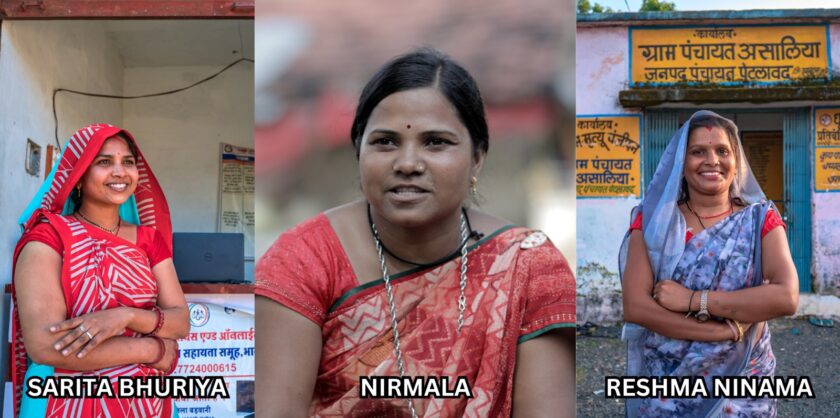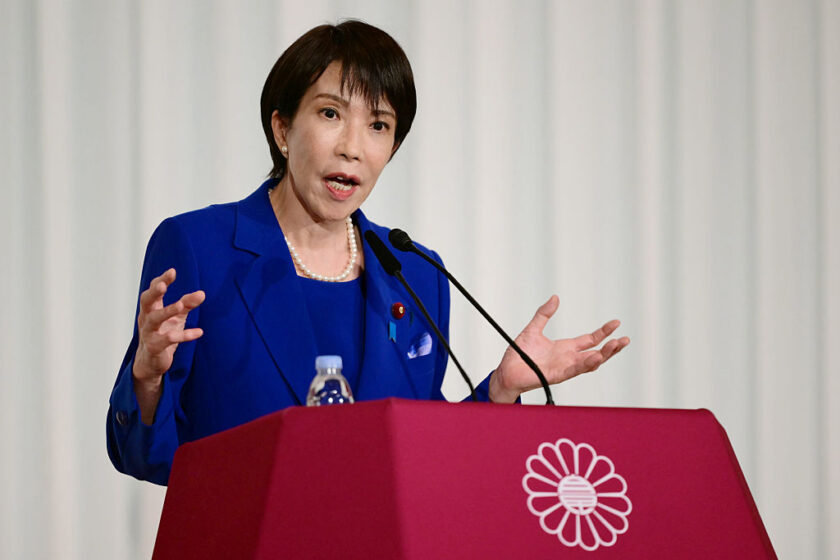Dhaka, Bangladesh : Bangladesh’s ruling party, the Awami League, has expressed deep concern over what it calls a “false and distorted” narrative circulating in international media, following the release of an alleged audio clip implicating former Prime Minister Sheikh Hasina. The clip, reportedly aired by the BBC World Service, allegedly features Hasina authorizing the use of lethal force against protesters during the July demonstrations.
The Awami League responded with a sharply worded statement rejecting the claims made in the investigative report. According to the party, the audio in question — an 18-second unverified clip — has no clear recipient and lacks authentication, raising serious doubts about its credibility and intent.

“We are deeply concerned about the unexpected and unfortunate broadcast of this baseless and slanderous narrative involving Prime Minister Sheikh Hasina, the daughter of Bangabandhu,” the party said. “There’s no identifiable recipient in the so-called tape. Had it been genuine, such detail would have been obvious.”
Allegations of AI Manipulation and Political Agenda
The Awami League alleged that the clip may have been artificially generated using AI as part of a malicious campaign orchestrated in collaboration with political adversaries and foreign interests. The party also pointed out that while the BBC claimed to have consulted forensic audio experts, no definitive authentication was made.
“This is not journalism. It is a manufactured effort to undermine a respected leader. No counter-view or input from Sheikh Hasina’s office was sought in the story,” the statement added.
Claims of Orchestrated Violence and External Interference
The party reiterated that the government was monitoring student-led quota reform protests and engaging with their concerns. However, it alleged that extremist groups, some allegedly backed by Pakistan, infiltrated the movement to incite widespread violence and chaos.
According to the Awami League, the unrest in Dhaka and other regions included attacks on police stations, targeted arson, jailbreaks, and the planned release of detained terrorists — none of which were mentioned in the BBC’s coverage.

“Over 450 police stations were targeted, weapons were looted, and terrorist activity increased. The report selectively ignored this,” the party claimed.
It also referred to a BBC Bangla video in which a member of Hizb ut-Tahrir, a known international terror outfit, admitted to infiltrating the protests disguised as a student — a point the Awami League said validates Sheikh Hasina’s earlier warnings about terrorist involvement.
Awami League Condemns Media Bias
In its closing remarks, the party accused the BBC of compromising journalistic standards by promoting what it called a “politically driven and biased” narrative.
“This story is an example of misinformation being weaponized to serve the agenda of an illegitimate, fascist setup led by Yunus,” the party said, referencing Nobel laureate Dr. Muhammad Yunus, a long-time critic of the current government.
The Awami League also reminded the public that many of the protests and violent episodes occurred after Sheikh Hasina had left the country, calling the suggestion that she orchestrated the violence “entirely illogical.”
Summary:
- Awami League refutes BBC report claiming Sheikh Hasina authorized force against protestors.
- Unverified audio labeled “artificially generated” and “politically motivated.”
- Party alleges foreign-backed extremists infiltrated protests to incite chaos.
- Criticizes BBC for one-sided journalism, calls for journalistic accountability.
- Emphasizes ongoing efforts to address student grievances while countering terror threats.
The controversy adds to ongoing debates about media responsibility, AI-manipulated content, and the fragile political climate in Bangladesh as it navigates through both internal unrest and international scrutiny.









